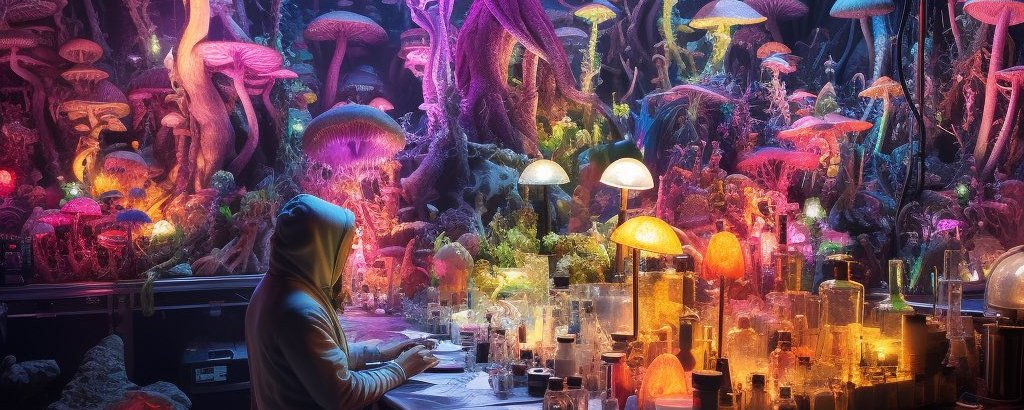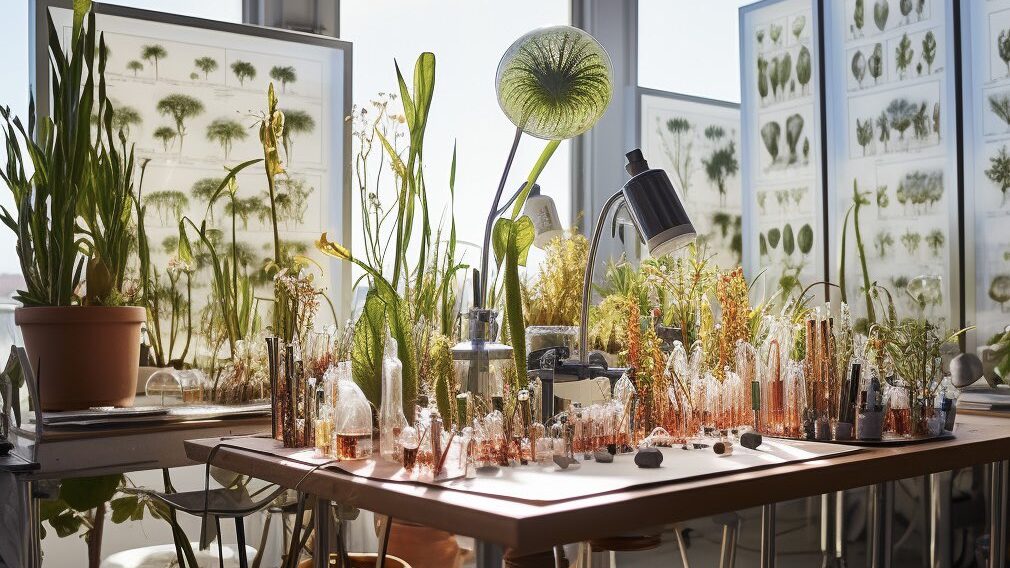
DN-004-Specimens from Zephyria
Notes on Past Events** Associated posts will be linked below. Audio visual notes to follow and to be linked.
“Good afternoon, Skylar, Landon and Zack. As you know, you will be traveling to Zephyria relatively soon. Practicing the portal, surviving the environments, all the while collecting as much data as possible for distribution are all imperative tasks.
Landon, you have been there building a more foundational structure from the other side for the portal. If you don’t mind, can you tell us a bit about the planet? What should we all expect and the specimens you have brought back?” Boss said as he opened up the early morning meeting, as I was gracefully or maybe not so gracefully recovering from the night before.
“Yes, sure thing. Um, you see Zephyria is great. It’s actually really beautiful, but you can tell there are definitely some questionable areas that need to be looked into further. I saw and collected as many specimens of diverse xenodexi as I could with storage space permitting. I believe I retrieved one of each type, but there may be other variations still out there. There were many analogous species that it would have been impossible to collect all and study all before deployment.
As for the portal, I replaced the temporary and unstable structure with a fully functioning prebuilt fabrication that I moved through in the temporary portal transport. I’ve tested it a few times now and It seems to be functioning appropriately. I’m going to be running some more testing over the next week or so for transport but I imagine everything is going to clear as the others have. I should have more definitive data by the end of the week. I don’t see final testing going any further than into next week.” Landon said as he brought out a few examples of specimens in.
Each in their own terrarium, we looked around and just kinda took in the beauty of the obscurity in them. Some thrived in darkness. Glowing in the dark moody corners of the room. Some had wild colors painted through as if it was defiant of the nature of ordinary. Some moved with such grace that made you question their scientific definition.
The objective for Landon bringing back the samples was so that we could study them. They consisted of multiple types of life oriented matter that we have found on similar planets or that have been documented in the libraries of others.
There are a couple reasons for studying these environments to every immaculate detail and why our team is starting to prepare for missions outside Mars. The first reason is probably my favorite. Life. Life comes in all different forms. Responds to frequencies we cant see or understand. Evolves in ways we couldn’t imagine. Life sustains and recreates life and it takes the form of so many ways. Is it simply a transfer of energy? Nutrients? The ability to grow, move or adapt? The ability to think? When you think, really think, about the line of what is and isn’t alive the line starts to blur. Almost as undefined as the transfer of energy after it passes. Or as undefined as the parameters of the universe. One of my favorite things about my position here is finding, researching and discovering the tiny idiosyncrasies about life that make it seem like magic. The better we can understand those definitions of life that exist in the universe, the better we can understand our life here. Maybe even better understand past decisions and help guide us in decisions of our future.
The complexities of the interwoven reliabilities in a functioning environment is another reason. For example, I’ll use one we have studied from earth and one we also love up here. Tomatoes. The whole ecosystem is reliant on so many factors. From the bugs that we use to maintain the appropriate ecosystem. Worms churn and enrich the soil. Ladybugs help fend off microscopic hindrances like mites. Basal is a perfect companion plant because it masks the scent of the tomato that would attract the undesired predators to marigolds that help to attract the beneficial bees for pollination. The soil type, feed and watering times all determine the health of the plant. How fast it grows. How big it grows, how many grow for prime production value. Pruning helps limit energies to proper concentrations in the plant for production. All of these factors are environmental factors that we would never know or understand from simply sticking an existing plant in a pile of dirt and expecting it to live. And, while each element isn’t exactly necessary for a controlled environment, it’s still so extremely important for documentation. In the ideal world where we can potentially achieve water on Mars and have some of these live freely outside of the controlled environments.
We collect samples to help understand the individual anatomy of the plant and we have missions to help understand their connections, to the bigger picture, to their environment, and how those bigger environments connect… How those connections make up a planet and how that planet plays a role in the universe.
Ideally, we’d like to understand these environments to the best of our ability. This is so that we can replicate them here in the labs, conservatories and grow houses. Also, we could potentially have planets that could farm food or propagate beneficial resources, depending on the nature of environments that already exist. That is, depending on how the portal functions and depending on how reliable we can make it as a mode of transport. The concept is pretty wild. Kinda like extreme farming. But I think it’s pretty cool and would definitely help with production volumes.
I mean each encapsulated life form that we study has these xenodexi. Some xenodexi are as simple as food and nutrients for nourishment and for survival. Some evolved from survival and can be repurposed for medicine and healing. Some xenodexi expose the connections of the universe that we wouldnt know or understand otherwise.
Which lastly brings me to the database. In gathering this information, we have been working with some old technology that is new to us. Well new to me. A lot of this new mission thing is all new to me. I’ve been working in the labs, grow centers and conservatories for most of my life here. But in order to synthesize probabilities for growing and sustaining life on other planets, we collect the data and upload it to the database. Bigger relevant projects are coming in the pipeline, according to Boss.






